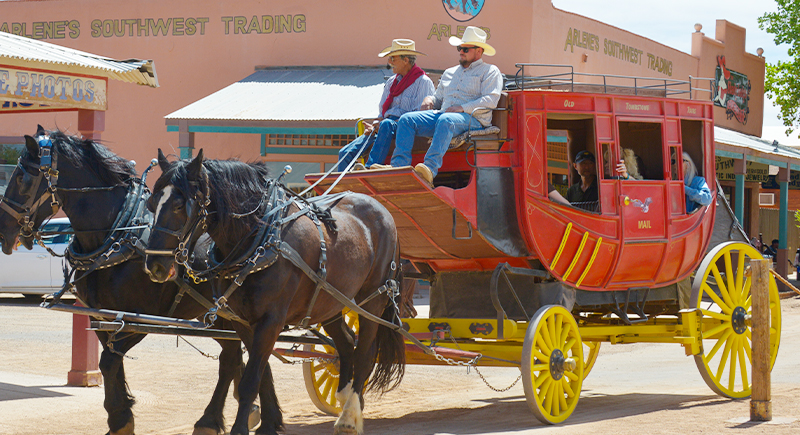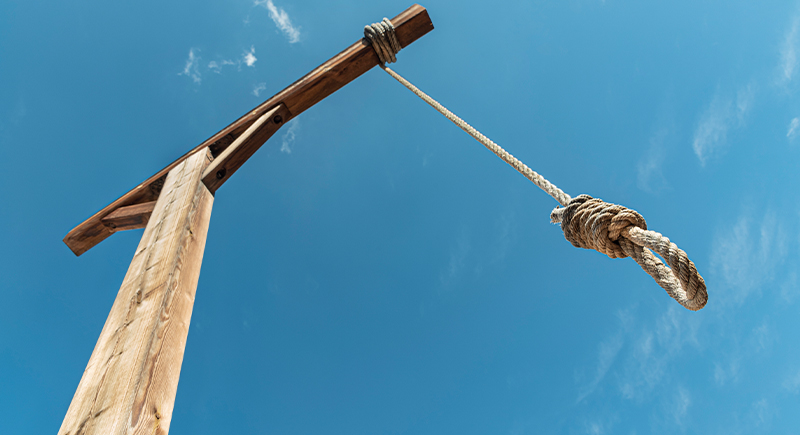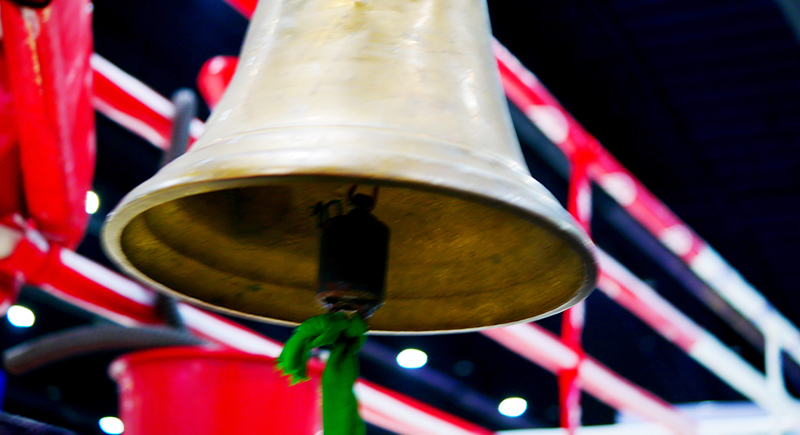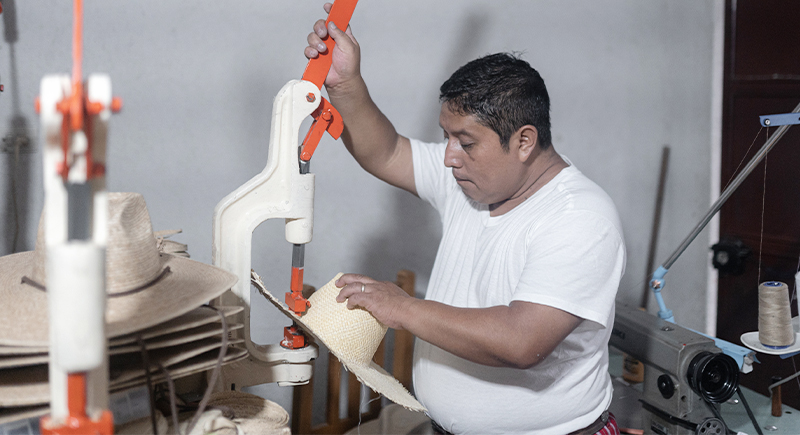You’re Probably Using These Old Words Without Knowing What They Really Mean
You’re probably using these old words without giving much thought to what they meant at first. Everyday talk is full of phrases that began in strange places—surgery tables, carnival booths, or crowded ports. By tracing them back, we uncover how ordinary language carries stories of pain, humor, and survival from centuries before our own.
Bite the Bullet

Credit: pixelshot
Before anesthesia, surgeries were brutal affairs. Soldiers often clamped a bullet between their teeth to endure the agony of battlefield operations. That image stuck around. Now, we “bite the bullet” when bracing ourselves for anything we really don’t want to do, but can’t avoid.
Break the Ice

Credit: Getty Images
When we say “breaking the ice,” we mean making the first move in conversation for smoother interactions. The phrase, however, dates back to the 16th century and was literally about making way in frozen water by breaking the ice. Since trade ships were stranded when waterways froze, special icebreaking vessels cleared channels so commerce could continue.
Spill the Beans

Credit: iStockphoto
The phrase goes back to ancient Greece, where people voted with beans. White beans counted as approval and black ones as rejection. If the jar tipped over, everyone could see the result before it was supposed to be announced. That simple accident gave us “spill the beans,” now used when someone lets a secret slip.
Peeping Tom

Credit: pixabay
The story comes from Coventry, where Lady Godiva rode through the streets without clothes to protest heavy taxes. The townspeople kept their shutters closed, except for one man named Tom, who looked anyway. According to legend, he was struck blind. Ever since, a “Peeping Tom” has meant someone sneaking a look where they shouldn’t.
Calling Shotgun

Credit: iStockphoto
In the Wild West, the person riding next to the stagecoach driver was armed with a shotgun to ward off attacks. That spot became known as “riding shotgun.” These days, calling it means you’re first to claim the front passenger seat, minus the shootouts.
The Whole Nine Yards

Credit: Getty Images
One theory suggests World War II fighter pilots coined the phrase. Their ammunition belts stretched nine yards long, and firing every bullet meant giving their all. Another story ties it to tailoring. Whatever its true start, saying you went “the whole nine yards” means giving full commitment.
Kick the Bucket

Credit: iStockphoto
The phrase “kick the bucket” is often linked to executions. People imagined the condemned standing on a bucket that was knocked away at the final moment. Dark as that picture is, the saying took on a softer tone. Now it’s used casually, more as a wry substitute for “die” than a solemn reminder of death.
Saved by the Bell

Credit: iStockphoto
Boxers can thank this phrase for its origin. If a fighter was about to be knocked out, the round-ending bell could save them from a loss. That buzzer became a symbol for a last-minute rescue. In daily life, being “saved by the bell” means escaping trouble at the last possible second.
Under the Weather

Credit: Getty Images
On stormy seas, sailors struck by sickness were often sent below deck, placing them literally under the weather. Away from wind and rain, they could recover without risk of being swept overboard. The phrase eventually came ashore to describe feeling unwell, whether from illness or sheer exhaustion.
Burning the Midnight Oil

Credit: Getty Images
Before light switches, late-night work meant relying on oil lamps. That was costly and inconvenient, so staying up really meant something. The phrase continued to describe working deep into the night, whether it’s for exams or certain deadlines.
Close but No Cigar

Credit: Getty Images
Carnival games in the late 1800s sometimes handed out cigars to winners. If a player came close but missed, the operator’s taunt was, “close, but no cigar.” The words stuck, and now the phrase is used for any attempt that nearly worked but still fell short, no matter how much effort went into it.
Get Off Your High Horse

Credit: iStockphoto
In earlier centuries, only the wealthy could afford tall, well-bred horses, and riding one marked status. From that image grew the phrase “get off your high horse,” aimed at people acting above others. The rider might be gone, but the rebuke remains. It’s still the quickest way to tell someone to lose the arrogance.
Take It With a Grain of Salt

Credit: Getty Images
Pliny the Elder once suggested that a pinch of salt made poison easier to swallow. It was possibly more metaphorical than medical. Over centuries, the phrase evolved into a call for skepticism. When someone says to take advice with a grain of salt, they’re warning against blind acceptance.
Straight From the Horse’s Mouth

Credit: pixelshot
When buying a horse, checking its teeth was more reliable than listening to the seller. Age and health showed in the gums. So, if you heard something “straight from the horse’s mouth,” it meant you got the truth directly from the source without any fluff or spin.
As Mad as a Hatter

Credit: iStockphoto
In the 17th and 18th centuries, hat makers used mercury in felt production. Prolonged exposure damaged their nervous systems, causing tremors and erratic behavior. The phrase outlived the practice, and Lewis Carroll’s Mad Hatter helped cement it.